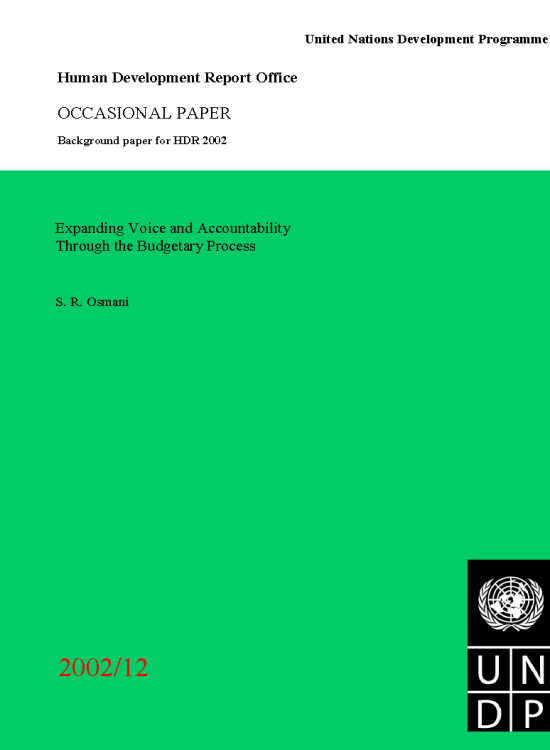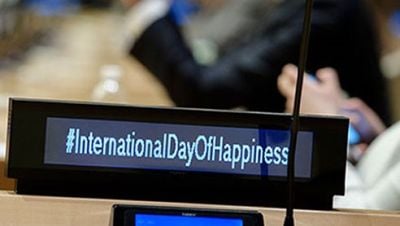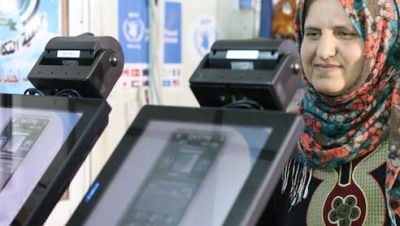Expanding Voice and Accountability Through the Budgetary Process

Download Report by Language
Document
osmani2002.pdf
(289.88 KB)
Citation
Osmani, S. R.. 2002. Expanding Voice and Accountability Through the Budgetary Process. New York.
Expanding Voice and Accountability Through the Budgetary Process
Posted on: January 01, 2002
Budget is one of the most important economic tools available at the disposal of governments. The methods of revenue collection and the patterns of expenditure that are adopted in the budget go a long way towards determining both the rate at which an economy will create wealth and the manner in which it will distribute wealth among different groups of people. This is especially true when one considers the cumulative effects of annual budgets over a period of time. There are of course other tools of government policy that usually fall outside the purview of the budget but can have a significant influence on the creation and distribution of wealth – for example, monetary policy, labour market policies, regulatory policy for trade and investment, policies regarding property rights and enforcement of contracts, and a whole range of institution-building activities. The effects of most of these policies, however, do get reflected in the budget in one way or the other. In any case, the sheer range of effects the budget can have on the structure of incentives and the allocation of resources makes it perhaps the most potent instrument of government policy.

